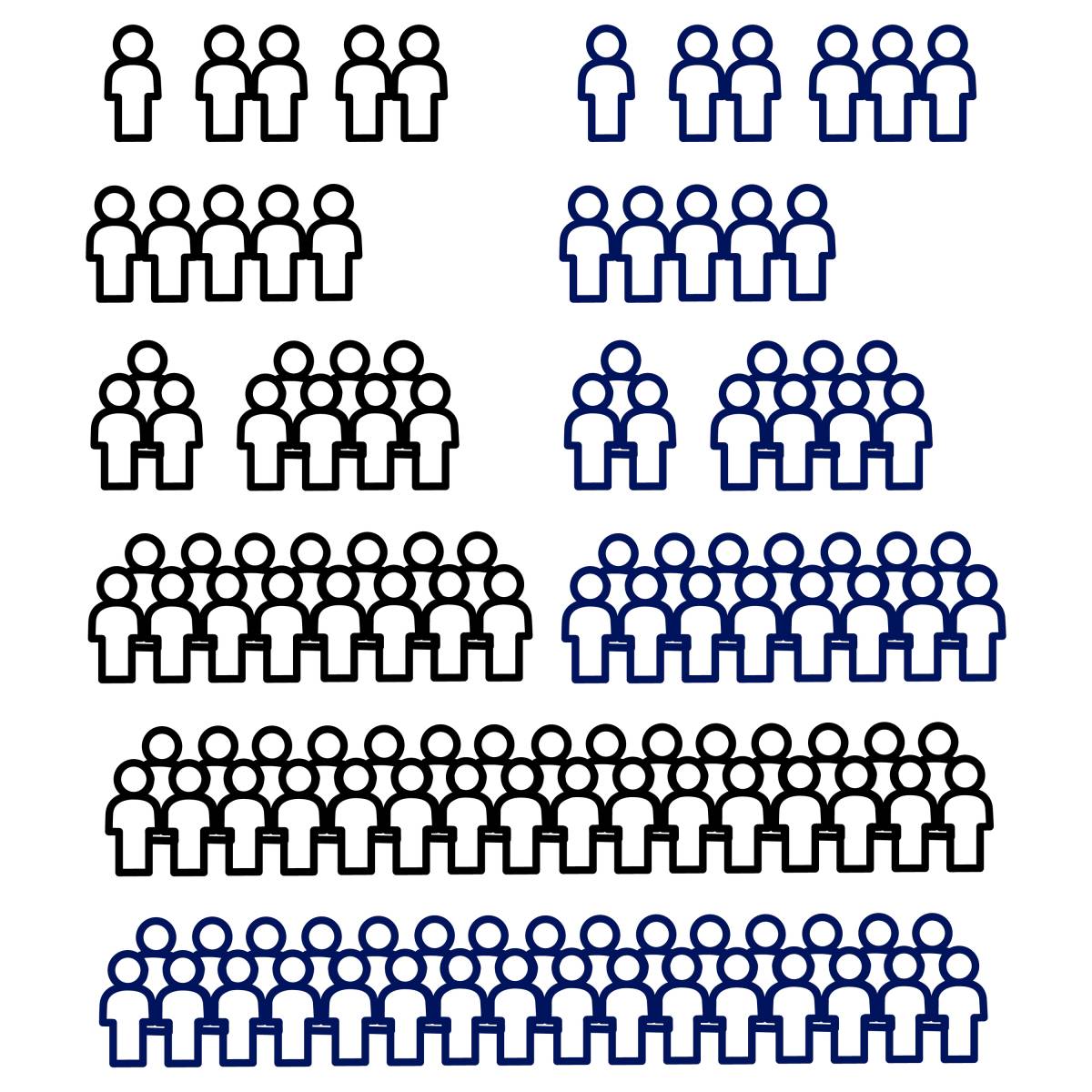Hundreds more pulmonary rehabilitation physiotherapists required, says British Thoracic Society
A shortage of respiratory physiotherapists and other clinicians in the field means those in post face ‘immense challenges’ as they try to tackle issues such as the backlog in cases created by the Covid-19 pandemic.
That is the message from the British Thoracic Society (BTS), whose chair Paul Walker spelled out some of the key issues in an introduction to a report titled ‘A respiratory workforce for the future’ that was released today (11 May).
‘Respiratory professionals face immense challenges. Despite best efforts to continue respiratory services there is a huge backlog of work. More patients need respiratory specialist review because of the consequences of Covid-19 plus pressure and service shortfall elsewhere in the health service.'

'Deprived communities' bearing the brunt of problems
Dr Walker added: ‘Lung diagnostic services initially stopped due to potential risks from testing have only partially restarted, with lower capacity in order to ensure safe delivery.
‘Millions of reviews for long-term conditions such as asthma and COPD [chronic obstructive pulmonary disease] have not taken place. Respiratory disease is closely linked to health inequality so shortfalls particularly effect our most deprived communities.’
At least 600 pulmonary rehabilitation registered physiotherapy posts and a further 400 non-registered posts are needed, the report estimates. It refers to the NHS England Long Term Plan, which calls for an urgent expansion in pulmonary rehabilitation capacity – meaning more respiratory physiotherapists will be needed to lead these programmes.
Key objectives set out in the BTS report include:
- investment to boost retention of current respiratory professionals, and an expansion in the workforce (based on regular assessments and projections)
- support for training across all respiratory professions, including those wishing to acquire a respiratory skillset through postgraduate study
- making full use of the skillset of specialist allied health professionals and nurses, working in primary, secondary and integrated care settings
- using data on patient need, health inequalities and standards of care to determine workforce needs and to design and deliver services
- the inclusion of a workforce specification in all commissioning for respiratory care, which takes into account the increased need for diagnostic services such as respiratory physiology and radiology
- annualised staff scheduling to address the very high acute respiratory workload in winter, compared to summer
- a focus on expanding and recruiting staff in geographical areas with the highest levels of need to address health inequalities
The BTS also urges the NHS to put more emphasis on preventing admissions and to exploit the innovative models of care developed by respiratory professionals in recent years, such as remote clinics, virtual wards, online multidisciplinary team meetings, integrating care and extending services into the community.
The innovative holistic patient centred care which is the hallmark of the care delivered by respiratory teams is under threat from workforce shortages, burnout, and a system breaking under seasonal and pandemic pressures [Charlotte Addy, BTS]
Staff burnout threat
Charlotte Addy, who chairs the BTS workforce and service development committee, said: ‘The innovative holistic patient centred care which is the hallmark of the care delivered by respiratory teams is under threat from workforce shortages, burnout, and a system breaking under seasonal and pandemic pressures.'
Dr Addy continued: ‘To support our current and future workforce, and provide the best care for our patients, creating a dynamic, sustainable team based approach to workforce planning and service design must be our highest priority.’
To find out more and to download copies of the BTS report, visit: https://www.brit-thoracic.org.uk/news/2022/bts-publishes-report-on-nhs-respiratory-workforce-requirements
Author: Ian A McMillanShare it with














